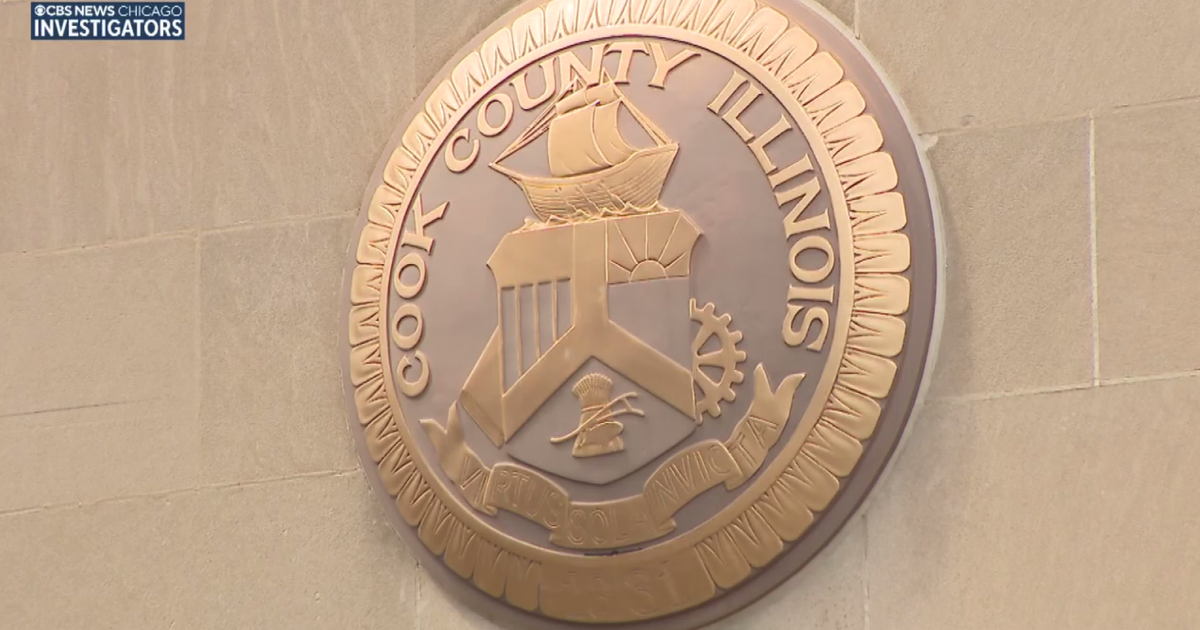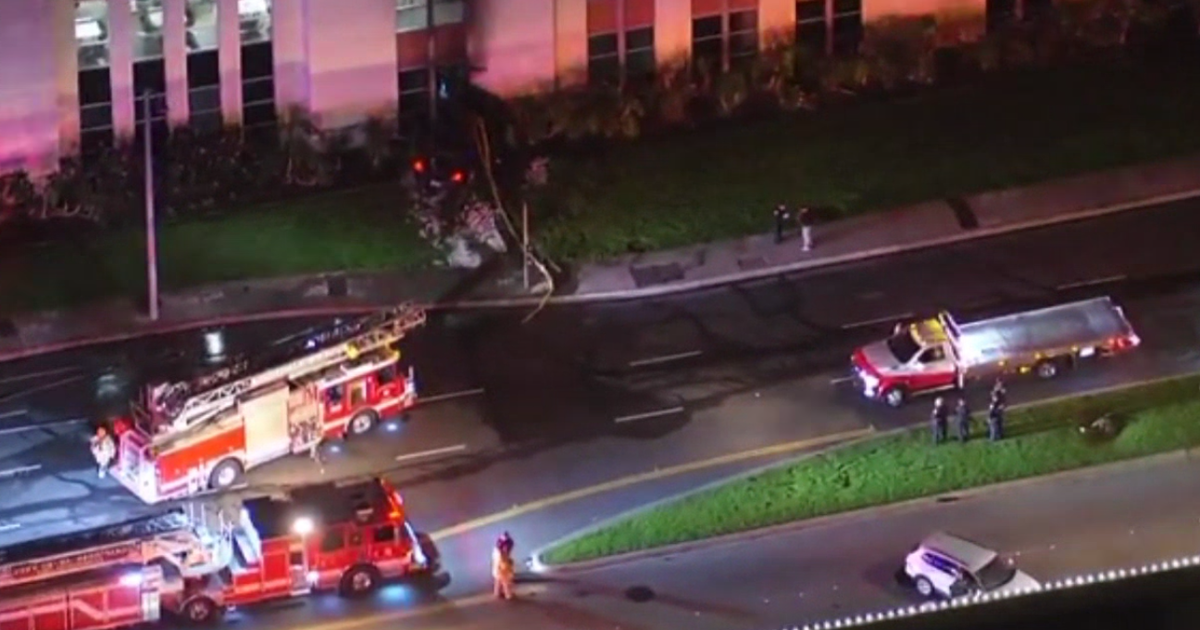Pittsburgh implemented a deer culling program in 2023. Here are the results.
PITTSBURGH (KDKA) — There is an overpopulation of deer in Pittsburgh.
Neighborhood groups say they're destroying the city's major parks, eating through gardens and creating a traffic hazard on city streets. This past fall and winter, the Gainey administration launched a pilot program to cull deer in two major parks.
KDKA Lead Investigator Andy Sheehan has the results and what they mean for controlling the deer population in the city.
Gone unchecked for decades, naturalists say the deer have eaten through the city's major parks and have fanned out into the neighborhoods, feasting on gardens and creating a traffic hazard. Pittsburgh Animal Control picked up 575 dead deer in the city last year. Most were stuck by drivers of vehicles.
"The city isn't the place for deer to live and since they have no natural predators, we have to do something, which is why we recommended to the city and why the city did implement a program for deer management," said Mardi Isler of Protect Our Parks and Gardens.
Over the objections of animal rights advocates, the city launched the pilot program, which enlisted 30 bowhunters to cull deer populations in Frick and Riverview parks. The program ended last month.
The city hasn't released the final figures, but unofficially the hunters culled 108 deer. Though a large number, experts say it's likely only a small percentage of deer in the city.
"The city residents need to know this is just the first step, the first year," consultant Gary Fujak said. "And it needs to continue for years. It can't be a one-and-done."
To get the population down to a manageable level, the city is planning hunts in all the major city parks later this year.
The Gainey administration won't yet discuss those plans, but Fujak, a former game officer and now consultant, says the city needs to commit to deer culling for the foreseeable future to return the parks to their former health.
"There is hope, but it needs to be a concerted effort and has to happen for years and years to come now because it's been out of control for decades," Fujak said.
Isler of the group Protect Our Parks and Gardens says the long-ranged plans must entail the re-planting and reforesting of the trees and native vegetation in the parks after pulling up all of the weeds and invasive vegetation that has taken its place.
"We believe that we can get to a place where we can begin to restore what is native in our parks," Isler said.
The advocates will ask the city to make that commitment to a long-term program of deer population control and the reforesting of the city's parks.







